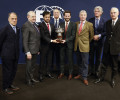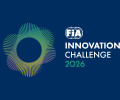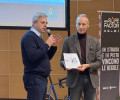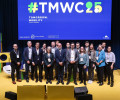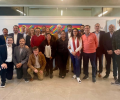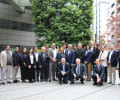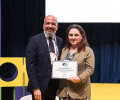FIA Smart Cities Forum in Rome: Building Momentum for a Sustainable and Smart Urban Future
The FIA Smart Cities Forum returned to Rome to cap off a third successful season of high-level conferences. Gathering a diverse group of stakeholders, the Forum looked at how public and private actors can lead the new mobility transition.
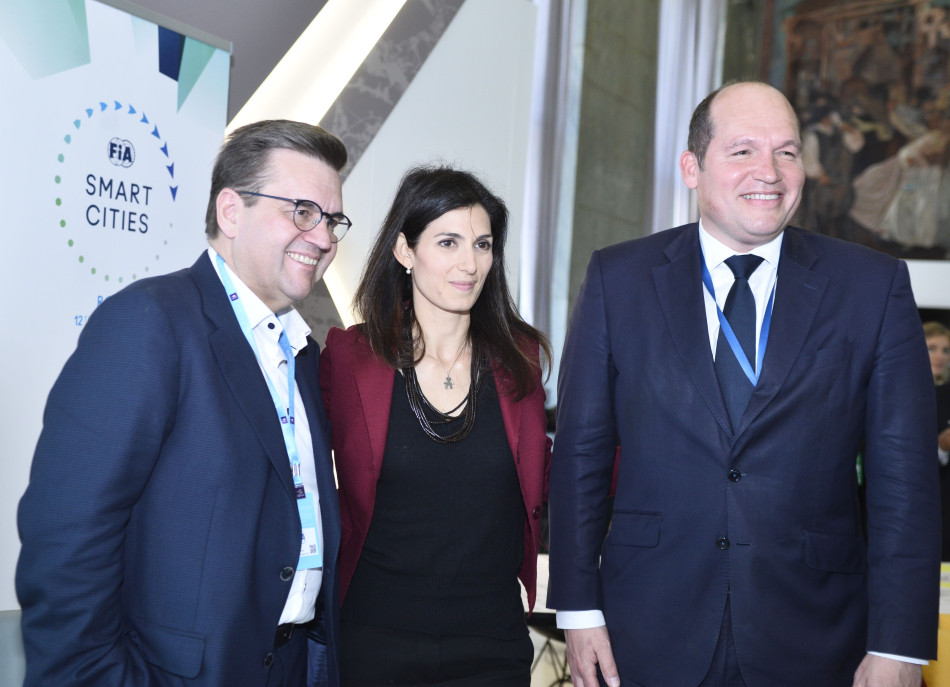
The Forum opened with an introduction by Alejandro Agag, Founder and CEO and newly appointed Chairman of Formula E Holdings who welcomed the participants ahead of the third E-Prix to take place in the Eternal City, and highlighted how the innovations deployed in the championship can change the way we move in urban environments. As the voice of Italian motorists Massimo Ruffilli, Vice-President of the Automobile Club d’Italia (ACI), affirmed that throughout Italy, the Club is supporting the adoption of new mobility solutions that are key to achieving this, “As an Automobile Club we are very much engaged and attentive to technological development and advances”.
Public policies are key to the successful implementation of technological innovations and at this Forum, the Mayors of both Rome and Brussels were present to provide insights on this topic. For Philippe Close, Mayor of Brussels, cooperation is crucial, “It’s the role of cities to find solutions with governments and the private sector. For me, the XXIst century is the century of exchange and experience. I think with the different Mayors of the world we can exchange about Mobility because we all face the same problems.” For Virginia Raggi, Mayor of Rome, the focus should also be on building consumer confidence in new technologies, “All of us here have a vision, and today, with events such as Formula E, we can touch this vision because we can show it’s real and possible. Many citizens are still not very comfortable with this. We have to tell them ‘Get out of your comfort and just go explore what technology is doing now.’ It’s all about changing minds and changing habits.”
In recent times, many models have defined the way in which we can achieve such a transition towards more flexible and multi-modal mobility. The keynotes of the Forum in Rome presented two perspectives on this.
Timothy Papandreou, Founder of Emerging Transport Advisors, shared his opinion on evolving demographics and its impact on mobility, “More and more people are moving to cities and there’s physically no way we can move everybody around in the future if everybody has his own car.” To address this, he explained that the Shared, Electric, Automated (SEA) transition has great potential. “These three massive trends, — if done together — will solve some of the issues that we talk about in our cities”, he said.
For David Zipper, Resident Fellow, Urban and Regional Policy at the German Marshall Fund, transforming mobility in cities should also offer users a range of options when it comes to getting from A to B, whether this be disruptive or more conventional. He explained how Mobility as a Service (MaaS) can play an important role in updating transport systems, “We have the fundamental modes to travel through the city that were the same in 1960 as they were in 2000. But then, in the last 10 years, we have had an explosion of new mobility services. The idea behind MaaS is to knit these together so you can actually get from wherever you are in the city to where you want to go through any of these services itself.”
Panel sessions addressed the challenge of finding a balance between traditional and new modes of mobility, and adopting appropriate innovative solutions to meet user demand. Erik Grab, Vice-President Strategic Anticipation, Innovation & Sustainable Development, for Michelin Group, insisted on the necessity to make the most of platforms such as the FIA Smart Cities Forum to make the urban mobility transition a reality, “We have to learn how to work in a diverse ecosystem, gathering together key stakeholders. It’s time to go from a think tank to a do tank.”
Insights on Formula E were provided by Acronis and Formula E team NIO who discussed the importance of data, its analysis and its protection to increase performance. Participants also had the opportunity to see the winner and runner-up of the 2019 Rome edition of the FIA Smart Cities Global Start-Up Contest, Parknav and Parkbob. Winner of the edition – Parknav –uses artificial intelligence to know where there is open on-street parking in real time.
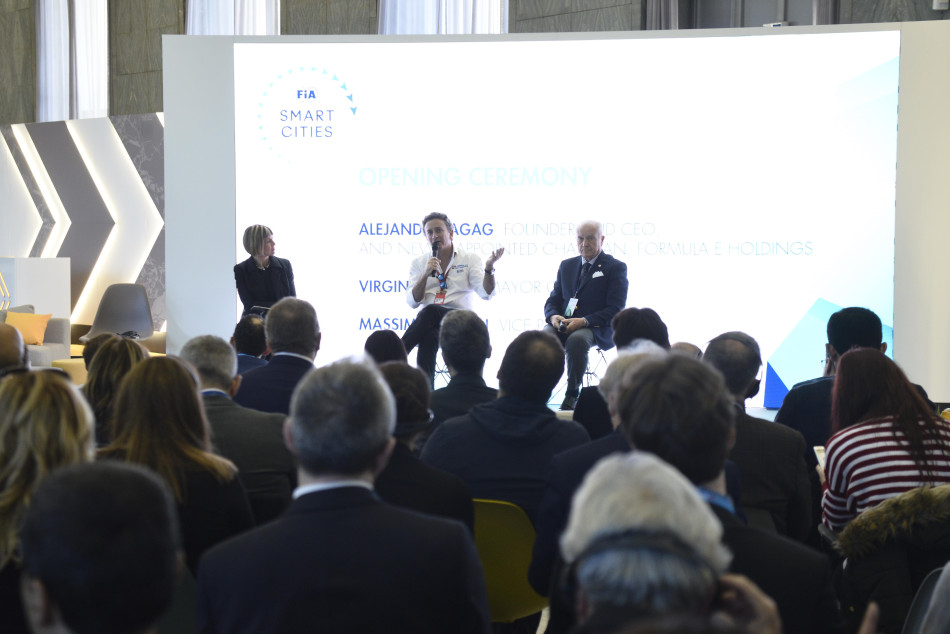

 Facebook
Facebook Twitter
Twitter
